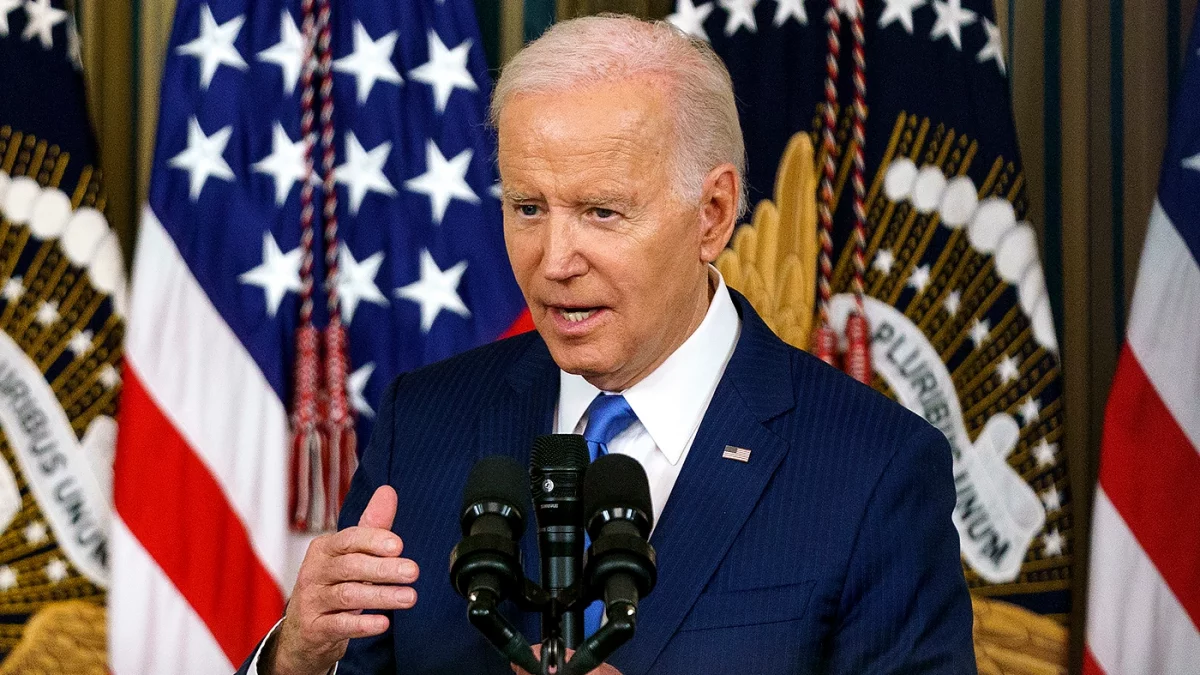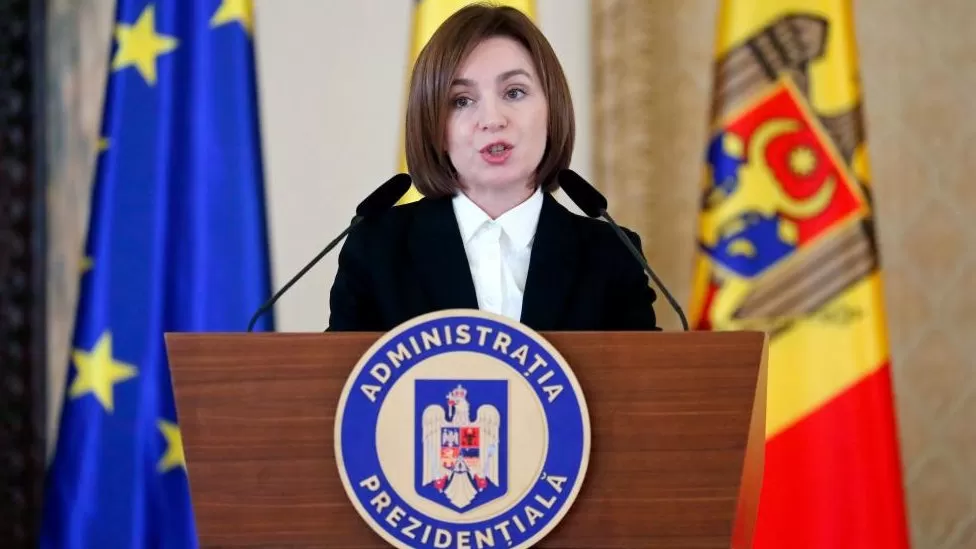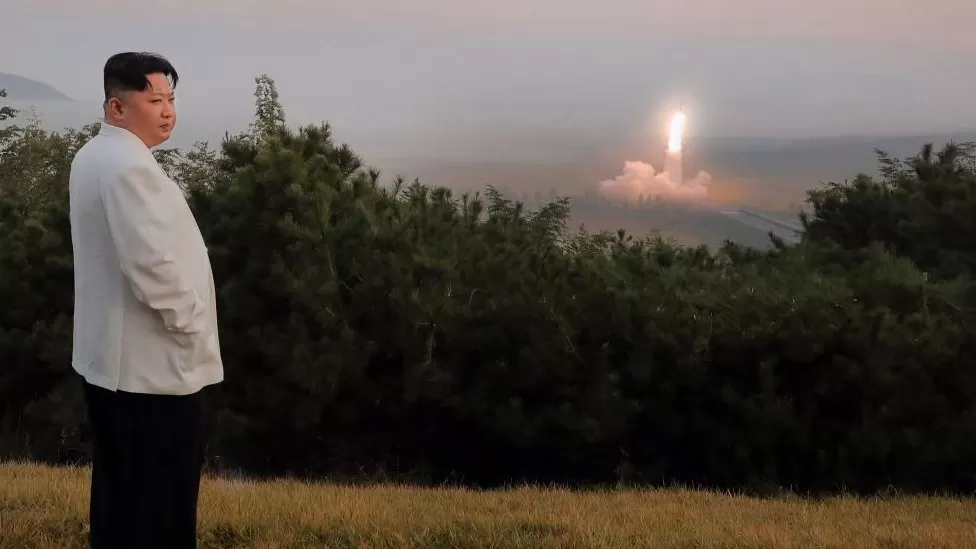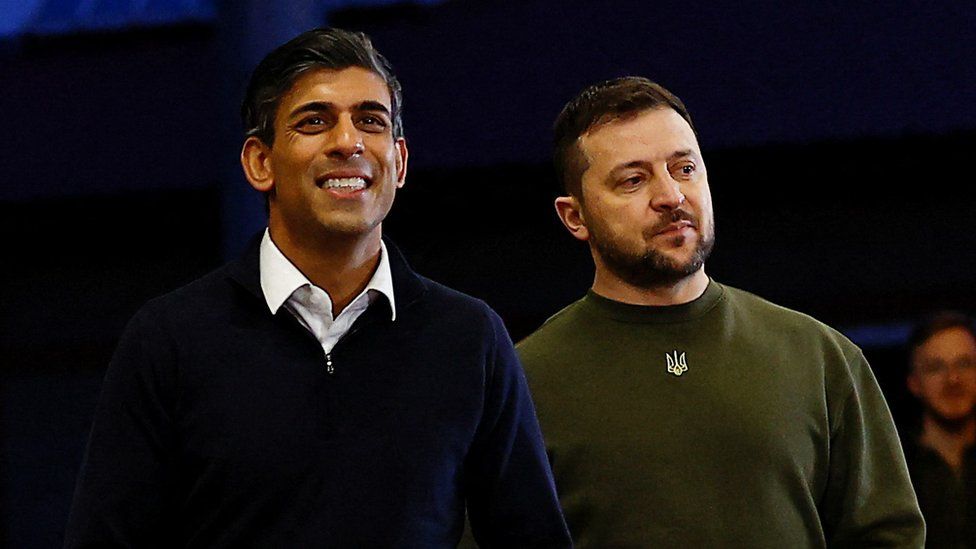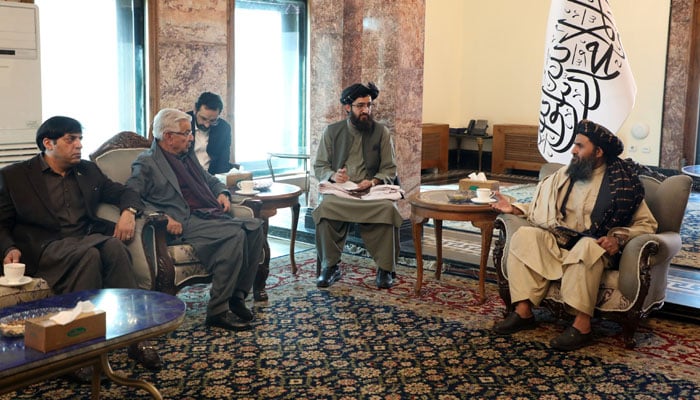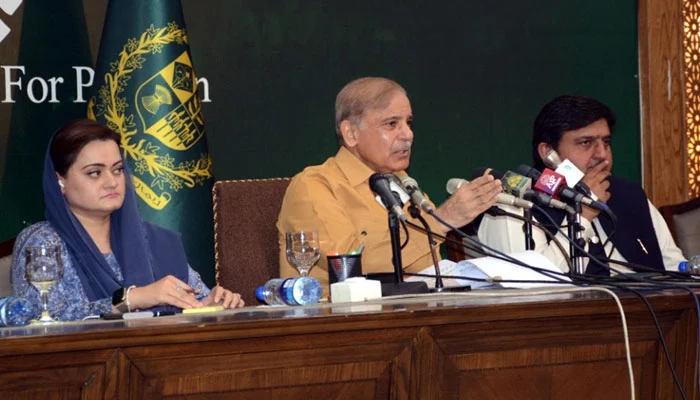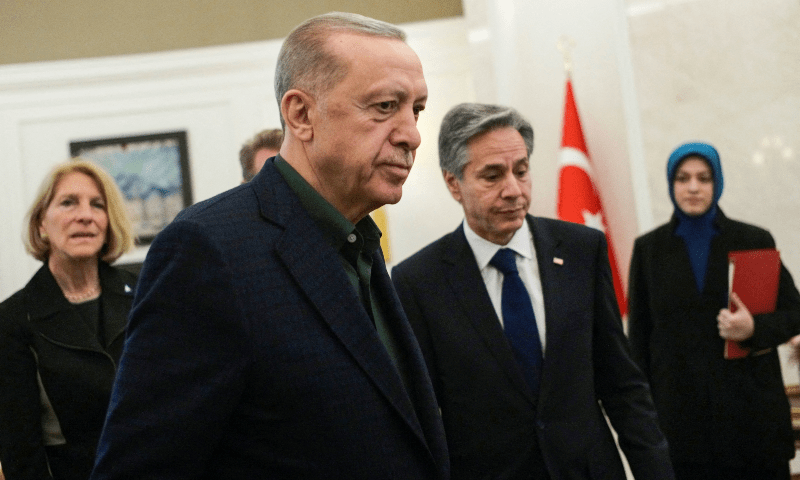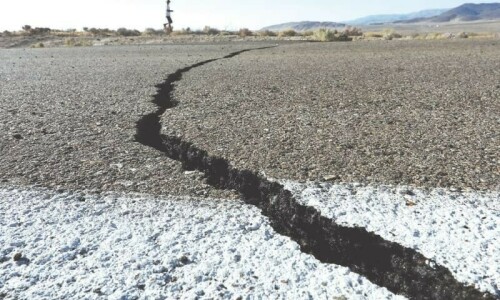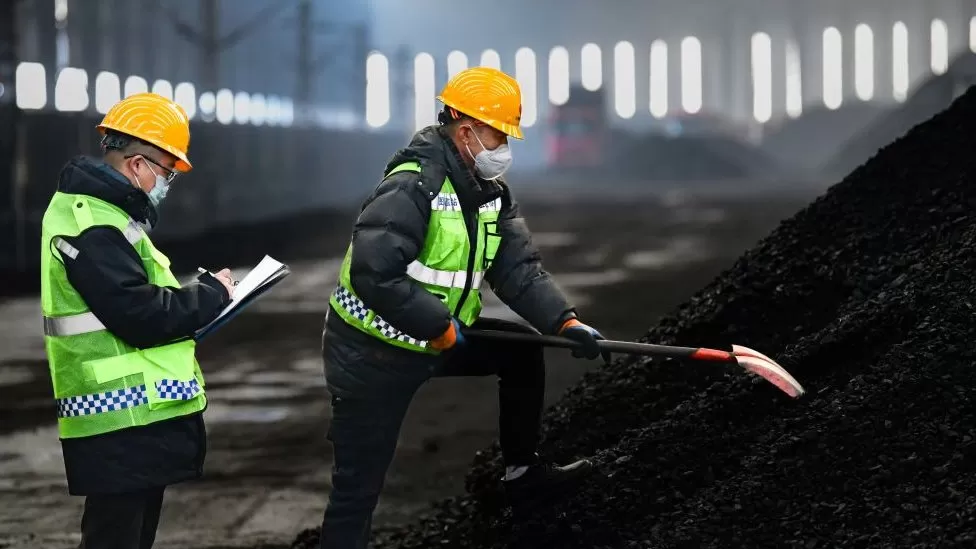As Reuters reported on Wednesday, the new Commercial Arms Transfer (CAT) policy covers a review of security assistance, government-to-government weapons transfers, and licensed commercial sales of US-origin military equipment and services overseen by the State Department as well as the Defence and Commerce departments, including firearms commonly available in the United States.
Defence companies and activists scrutinise such policies for insight into the administration’s posture as it balances the commercial interests of exporters like Lockheed Martin Co and Raytheon Technologies against the country’s stated commitment to human rights.
One change is how the CAT policy addresses the possibility that arms from the United States could be used for major human rights violations, State Department officials said.
Under the new policy, a weapons transfer will not be approved if the State Department assesses the arms “more likely than not” will be used to commit or facilitate genocide, crimes against humanity, breaches of the Geneva conventions, or serious violations of international law.
Previous CAT policy had said such transfers would not be authorised only when Washington had “actual knowledge” that the arms would be used in such actions.
“We are looking at a policy of prevention when there is a risk of violation of human rights,” one official said. The policy also allows deals to be canceled if rights violations are documented after they are announced.
The officials declined to specify countries or past deals that the new policy might affect.
Rhetoric vs rights reality
Advocates have long questioned weapons sales to countries like Saudi Arabia and the United Arab Emirates over the civilian toll of the war in Yemen.
Biden’s administration was criticised last year for approving the potential sale of radars and aircraft to Egypt despite what Human Rights Watch called Egypt’s “atrocious human rights record”.
“Unfortunately, the Biden administration has a mixed record on these issues so far,” William Hartung, a senior research fellow at the Quincy Institute for Responsible Statecraft, said in an emailed statement, adding that the administration “will have to change course if they are going to live up to the rhetoric of the new policy”.
The change could also affect exports of smaller weapons such as assault rifles that can be used against domestic populations. Some of this has been under the aegis of the Commerce Department since the administration of former Republican President Donald Trump.
The new CAT policy has been in development for months. Reuters reported in 2021 that the Biden administration was considering a CAT policy shift to emphasise human rights.
The United States is by far the world’s biggest arms merchant, selling some $150 billion in weapons, services, and training a year.
The US Arms Export Control Act requires Congress to be notified of major foreign defence sales agreements, and an informal review process allows the Democratic and Republican leaders of foreign affairs committees to vet such agreements.
Lawmakers often raise rights concerns. For example, Senator Bob Menendez, Democratic chairman of the Senate Foreign Relations Committee, opposes the sale of Lockheed Martin F-16 aircraft to Turkey for reasons including disregard for human rights.
Trump viewed weapons deals as a way to generate US jobs. He rolled out a CAT policy in 2018 that gave commercial concerns as much weight as human rights in deciding whether to approve weapons sales.


